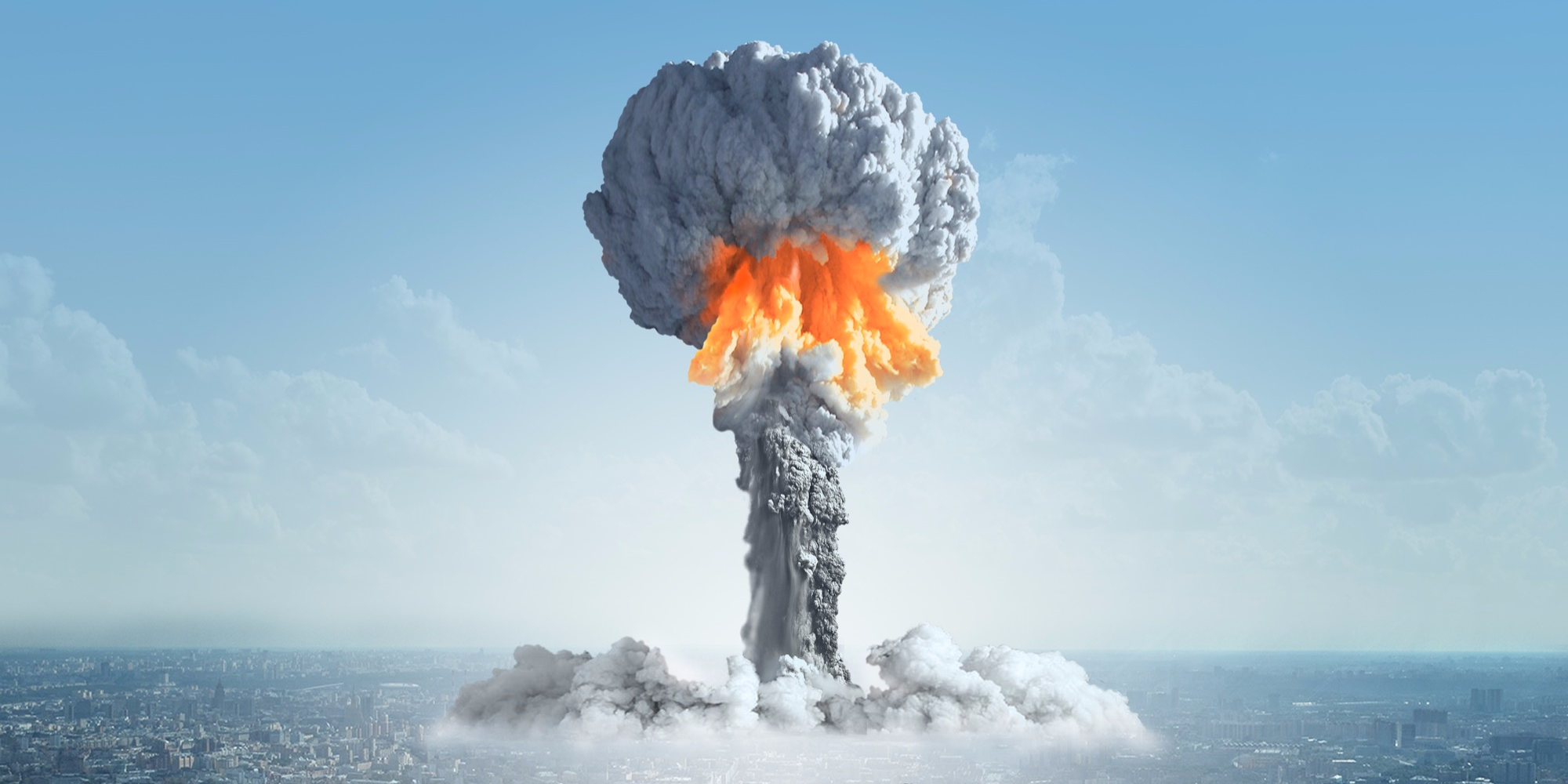Suppliers selling to doomsday preppers are making a fortune off fears that the world is coming to an end.
Rising S Company sells underground doomsday bunkers at every price point. The Texas-based manufacturer says its business has soared over 500% since the election of President Trump, with about 230 units sold and $12 million in sales in 2017.
The bunkers are made of steel and set 11 feet underground, which makes them useful in natural disasters, nuclear attacks, and other doomsday scenarios, according to the company.
“Anybody can put containers in the ground and sell them to people. What Rising S sells is safety,” Gary Lynch, general manager of the company, told Business Insider.
Take a look inside some of Rising S Company's most popular models.
These days, you can't turn on the news without thinking the world is coming to an end.

In the fall, two major hurricanesswept through the US, an 8.2-magnitude earthquakerattled Mexico, and wildfires blazedthrough Canada, Oregon, Montana, and California.
There's a psychological reason the world seems like it's ending right now - and it should give people hope »
A rising number of Americans are taking precautions for a future apocalypse.

In the wake of recent natural disasters and continued nuclear threats from North Korea, more people are stocking their homes with survival supplies, picking up new skills at the shooting range, and buying units in massive underground shelters built to protect entire communities.
Rising S Company started out as a storm shelter manufacturer.

About a decade ago, a woman approached owner Clyde Scott about building her a much larger storm shelter - around 40 feet long - that came with all the creature comforts of home.
"She wanted the whole works - bathrooms, beds, sinks, camera systems - and it got me thinking, she isn't wanting no ordinary storm shelter, but a survival shelter," Scott told Dazed.
He used $3 million from his storm-shelter business to create a bunker company, and the move has kept him busy ever since. According to Lynch, the company's client list includes tech moguls, professional athletes, politicians, and celebrities.
Rising S Company manufactures its bunkers in warehouses across Texas.

The structures are fabricated from steel and coated with a special rubber, which prevents rust and corrosion, according to the company website.

Source: Rising S Company
Rising S Company builds, delivers, and installs the units — no outside contractors are required.

Buyers might choose to excavate in their backyards or find a more remote location.

Most of the bunkers are set 11 feet underground or deeper, and are covered by four feet of dirt and one foot of concrete. Lynch said the bunker could protect residents from a nuclear blast.

"With the rhetoric coming from North Korea, you get people who are worried that we're going to be forced into a nuclear war," Lynch said. "A nuclear exchange is going to be nasty - it doesn't matter if you're a small guy on the block or the world's superpower."
Source: CNBC
Bunkers can also be used in the event of extreme flooding. Rising S Company recommends people in areas prone to flooding and storm surges to place their bunker inland and at a higher elevation, rather than underground.

The company doesn't advise going into an underground shelter that's at risk of being submerged in floodwaters. The hatch door is difficult to reach underwater, and in the case that emergency medical assistance is required, there'd be no way to get out.
Lynch said one Houston family contacted the company after floodwaters from Hurricane Harvey devastated the area. "They said their bunker saved their lives," Lynch said.

Still, Lynch doesn't advise putting a bunker in a flood zone.
Most bunkers are accessed by stairs. Here can you see an entrance from a family's home.

They're move-in ready, but not furnished. "We tell people to look at [their bunker] like an extension of your home," Lynch said. He encourages buyers to decorate with their style.

Solar power keeps big appliances working even 11 feet underground.

Buyers can choose between composting and "wet" toilets, which use water from a tank.

The bunkers vary in size and price. The most affordable model, which goes for $39,500, is a "micro-bunker" that's just 96 square feet. It has two bunks, a mini kitchen, and a toilet.

The most popular bunker, according to Scott, measures 500 square feet and costs $122,500. It has two bedrooms, one bathroom, a kitchen, and a separate living room.

Check out the Silver Leaf Series Bomb Shelter »
Source: CNBC
The biggest difference between the bunker and a home is the absence of windows.

Rising S Company also offers survival training, which is included in the price of a bunker. It helps people figure out the best food to stock for emergencies and how to ration supplies.

To Rising S Company's clients, there's no such thing as being over-prepared.


